Tuesday, Jan. 8th
We headed over to Jekyll Island to do some bike riding today. We parked in one of the beach parking lots, ate our packed lunch, and took off riding. Part of the ride was along sand dunes which was lovely, and part was along a less scenic stretch, but still enjoyable since the temps were ideal and it was a beautiful day. We rode for about 7 miles. Gary had made a few adjustments to his bike seat to make it more comfortable which worked well for him. A fun day.
Wed., Jan 9th
As we’ve been traveling more of late, one of my favorite activities is learning about the history of the places we’re visiting. Today we visited Hofwyl-Broadfield (pronounced Hof-will) Plantation in Brunswick. It was once a thriving rice plantation on the Altamaha River. When it was at its most prosperous in 1849, it included 7,300 acres and 357 slaves. African slaves were the foundation of the rice culture here. Many had experience in rice production in Africa and a significant number of the tools used at Hofwyl-Broadfield were of African origin.
The plantation families would spend days at their plantations but by dark would retreat to their second homes further inland. One coastal rice planter stated “I would as soon stand 50 feet from the best Kentucky rifleman then to spend a night on my plantation in the summer.” Death from malaria or yellow fever was almost a certainty if the whites stayed behind after dark in their homes during summer months. At the time the white plantation owners didn’t know that screens on the windows would keep mosquitoes out and protect them from illness. It wasn’t known that mosquitoes were the cause of these illnesses.
The slaves and the overseers were the only ones left after dark. One of the rangers told us that because the slaves had worked rice fields at home in Africa, they could tolerate the conditions better and not get ill whereas any whites working the fields would succumb to sickness and eventually death. It was the sickle sell gene that partially protected the slaves from malaria and yellow fever, and yet, of course, now we know that gene causes other illnesses.
After the civil war, the rice plantation owners could not make a profit any longer. The east coast rice empire ended due to several reasons including the end of slavery and free labor, back taxes being owed to the government, and competition from Louisiana and Texas. Hofwyl-Broadfield continued to grow rice until 1913 but lost money and was in major debt. The plantation then turned into a dairy farm and was run by two sisters, Miriam & Ophelia Dent, until 1942. They were able to make a profit and by the time operations ended, the plantation was out of debt. I think two women running this farm profitably at that time in our history is remarkable. When Ophelia Dent died (neither sister married) in 1973, she left the plantation to the state of Georgia.
The plantation “plain-style house” on the property was built in the 1850’s and is typical of many plantation houses of the era. The furnishings are all original to the Brailsford, Troup and Dent families who lived in the home for over five generations. But the interior furnishings are made for lilliputians. Everything is tiny…. the chairs look like doll chairs, the door knobs are way lower than ours are today. Ranger Andy said that typical heights back then for women were under 5 ft and men were about 5’7. Plus the ceiling heights were so high on the home that it makes everything seem even smaller.
There were various out buildings that housed the bottling, dairy barn, commissary, pay shed and servants quarters. There were also magnificent live oaks on the property, one over 800 years old and a one-mile path through woods down to where the rice fields would have been. We walked that until we came to a sign that said “Be Aware Alligators Present.” The path was 4 ft wide with marsh grass on either side. I said to Gary “maybe if we make a lot of noise that will keep the alligators away.” He said “that works for bears, I’m not sure that works for alligators. It may entice them.” Ok then…. I’m done. Gary was whining “Come on, the observation platform is right there. You can practically see it.” Nope, not happening. Take my phone to take pictures and I’ll see you on the flip side.
He walked the narrow path and up the observation platform and took a few pictures.There was another sign there warning of alligators. Apparently they can climb stairs. Must be their super power!
That concludes this historical moment.
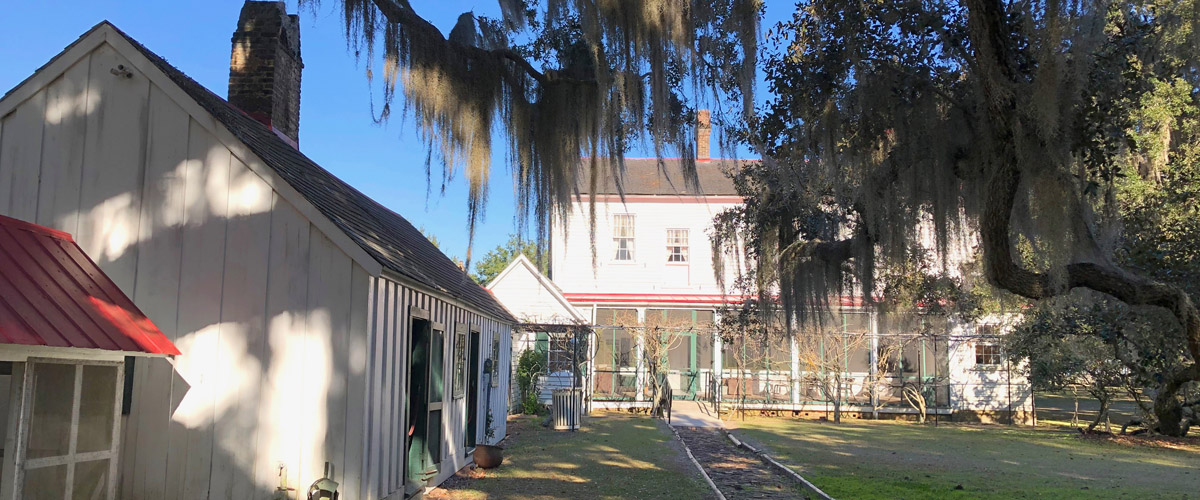
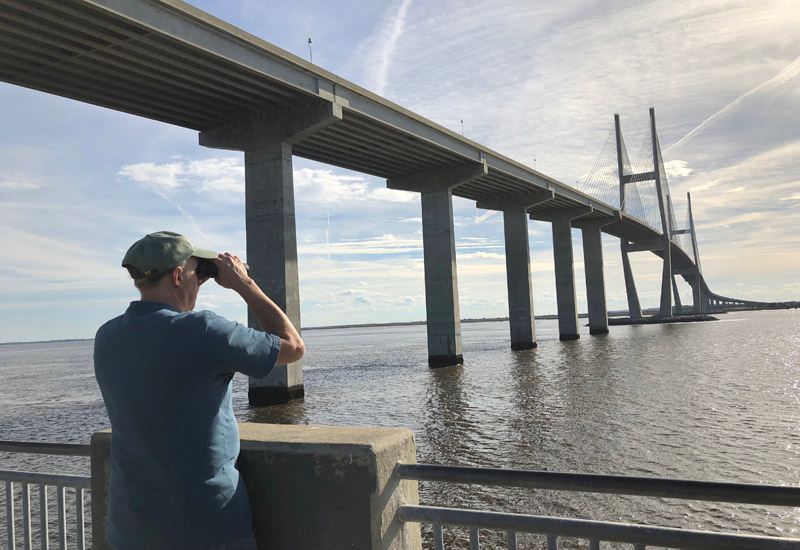
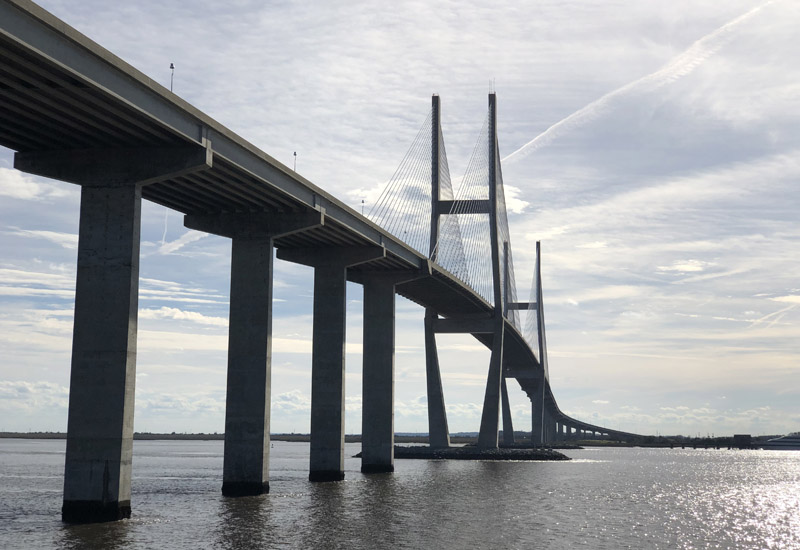

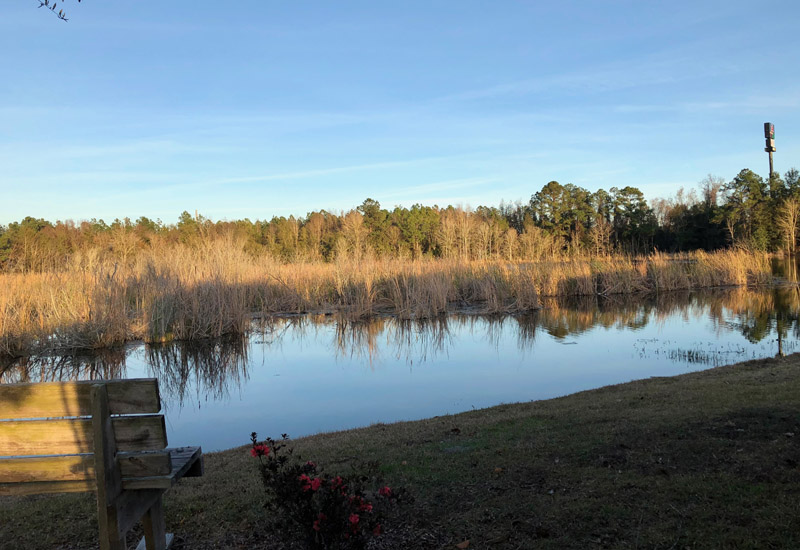
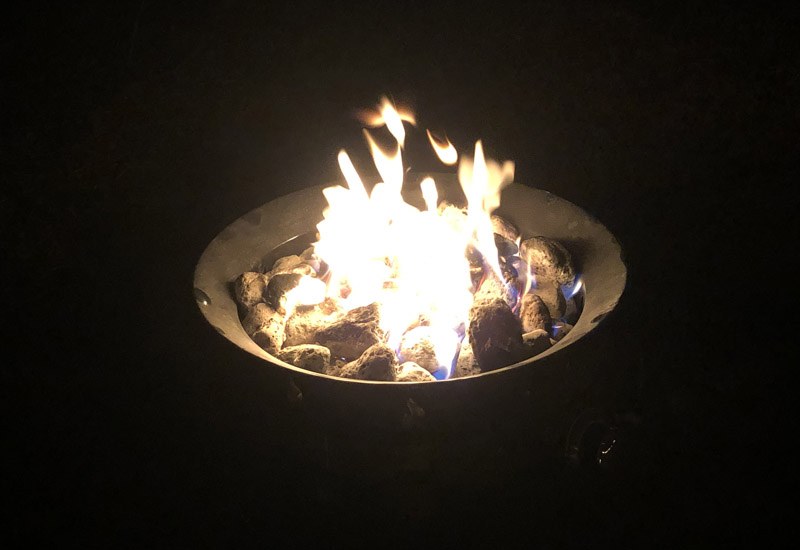
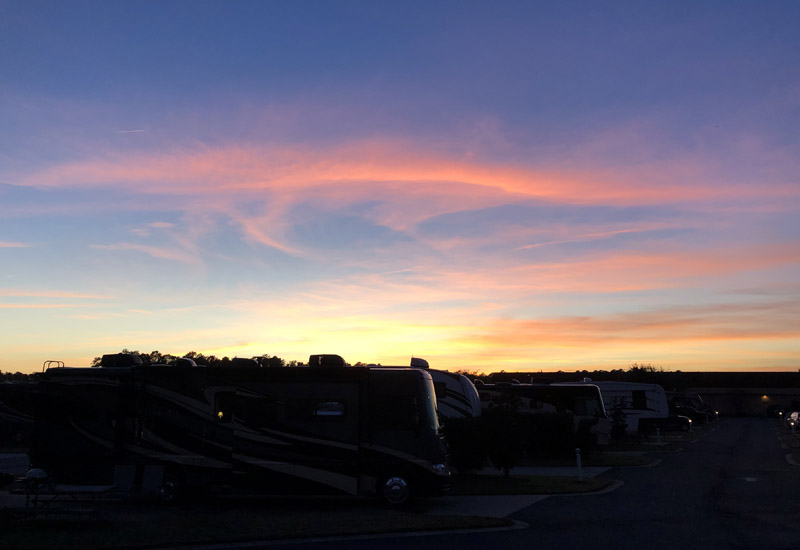
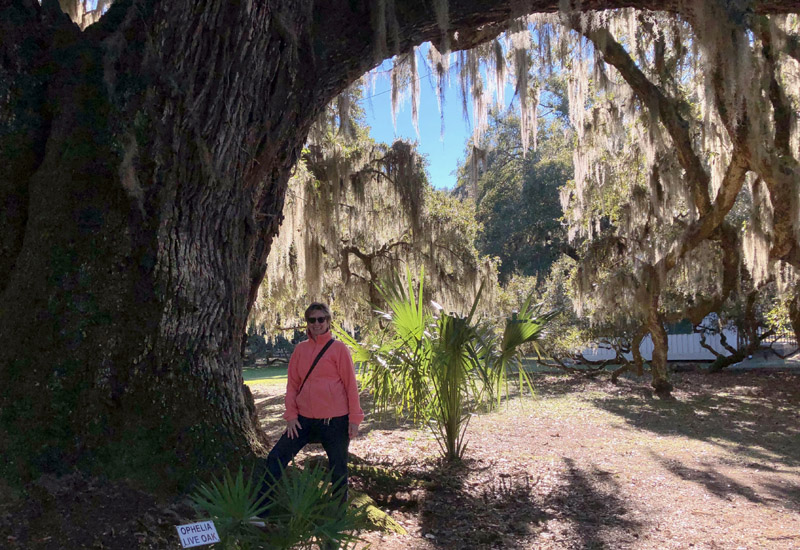
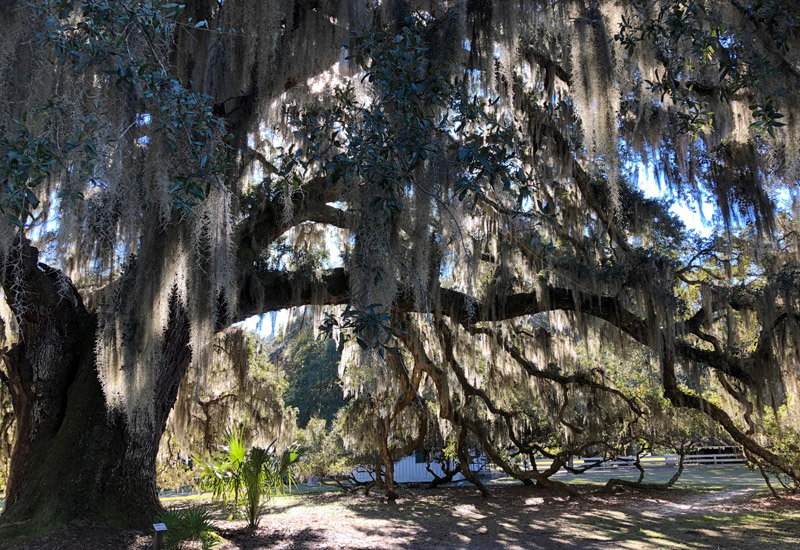
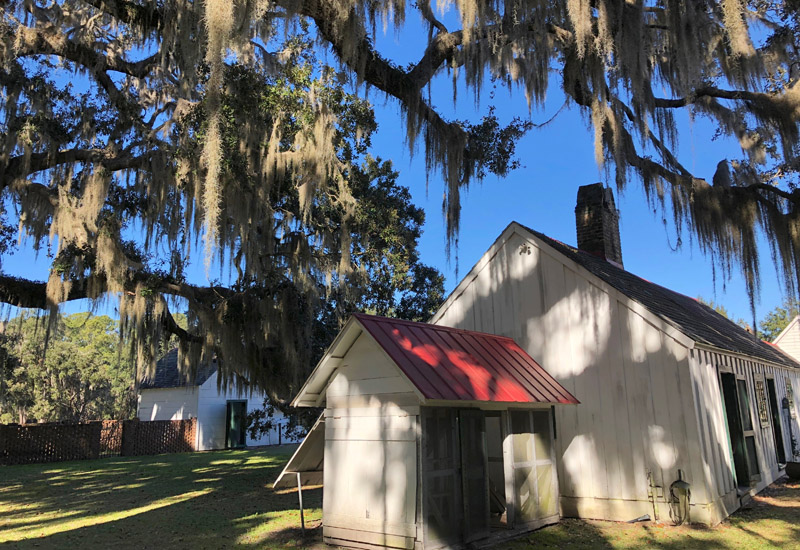
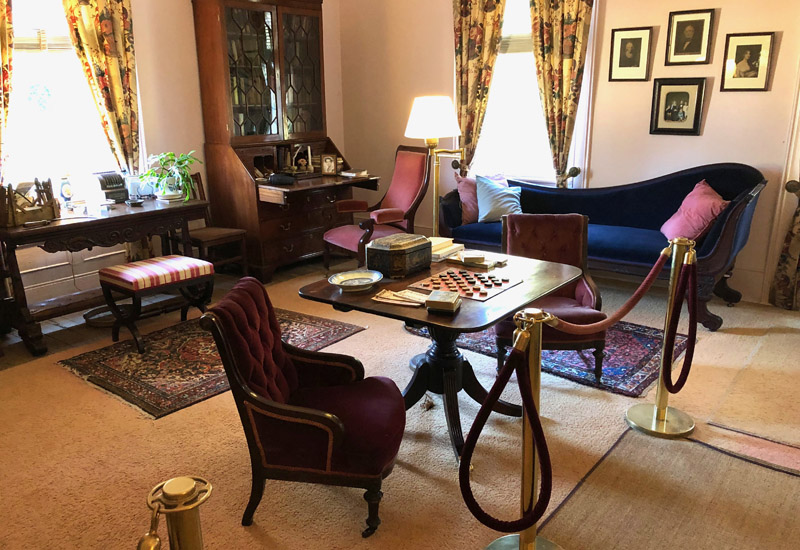

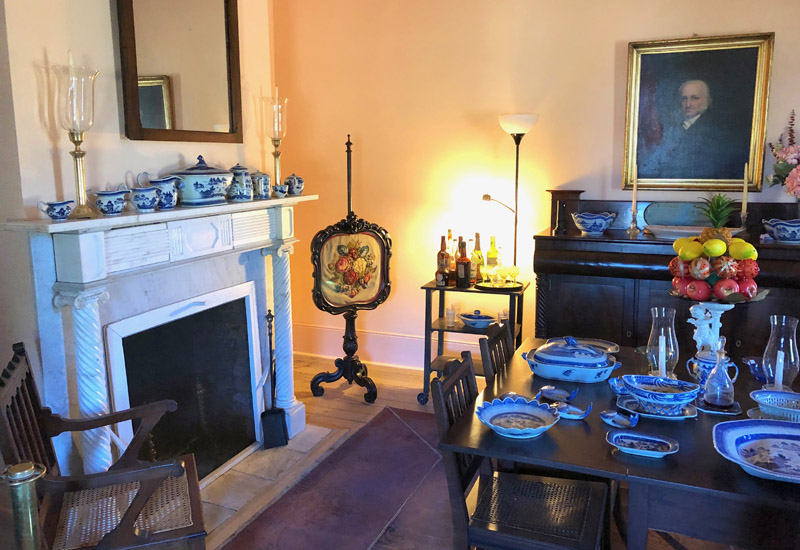
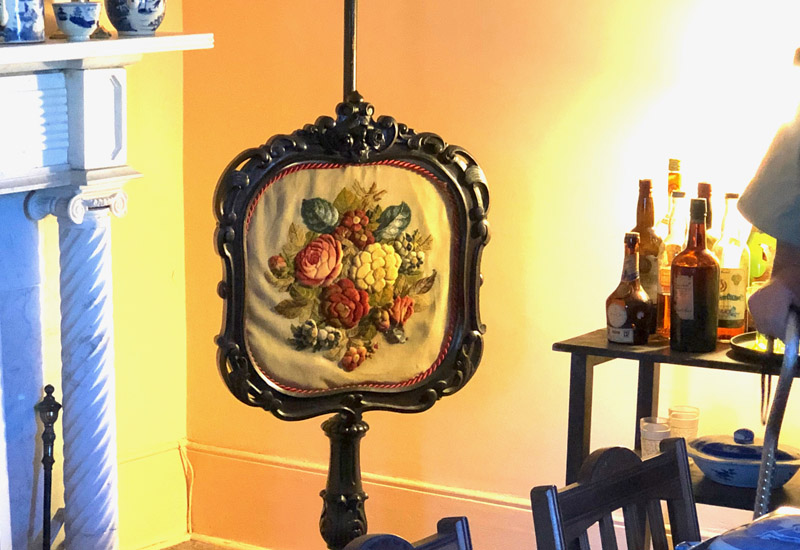
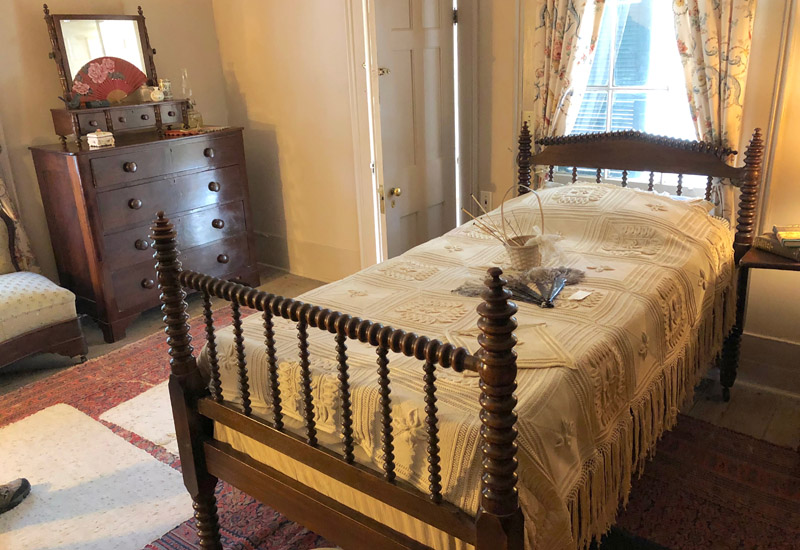
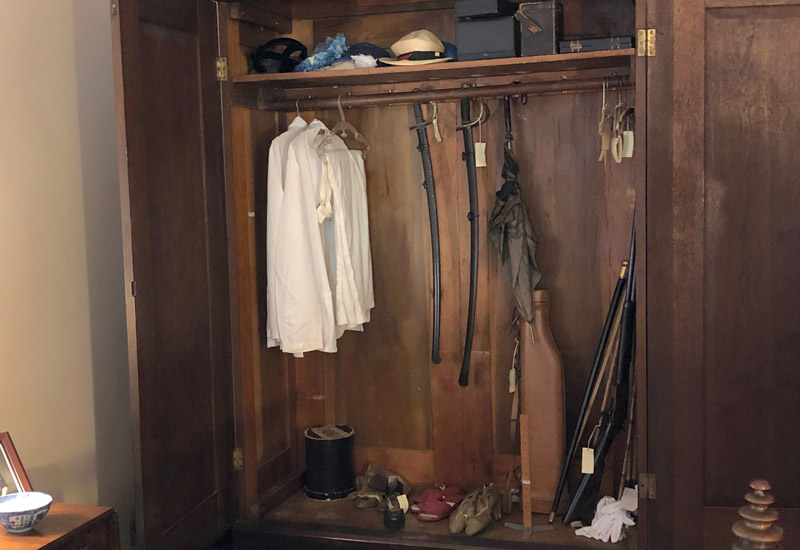
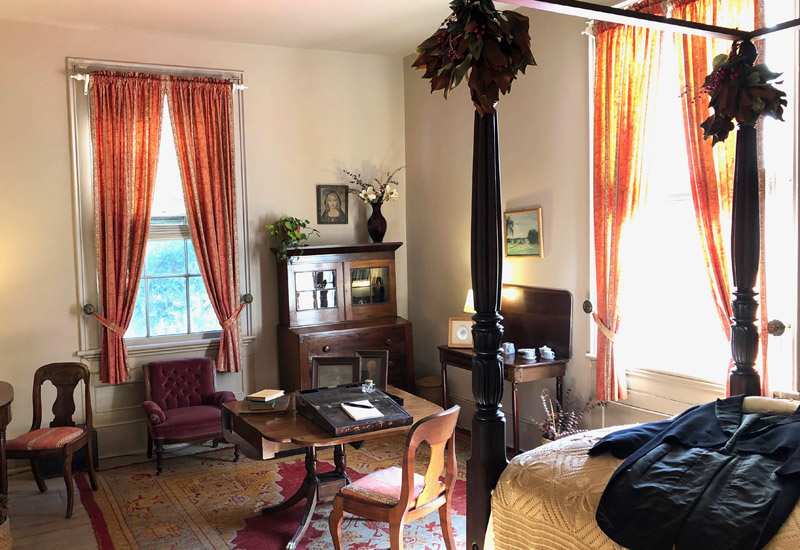
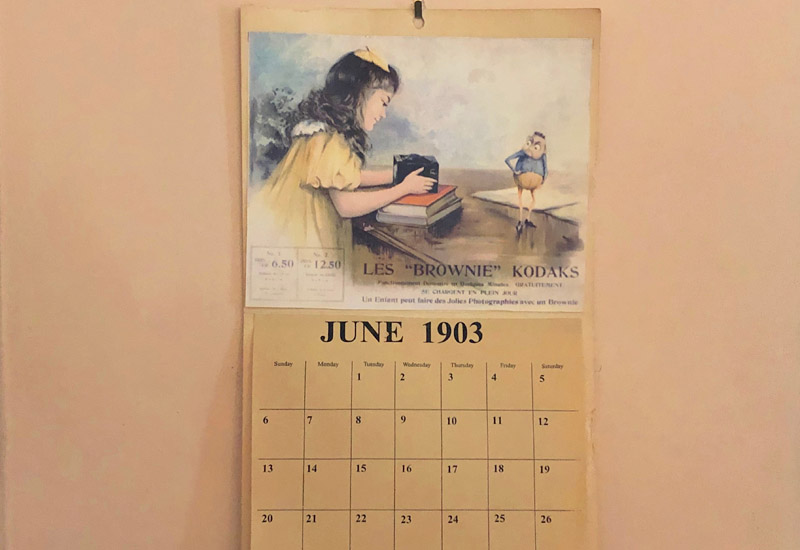
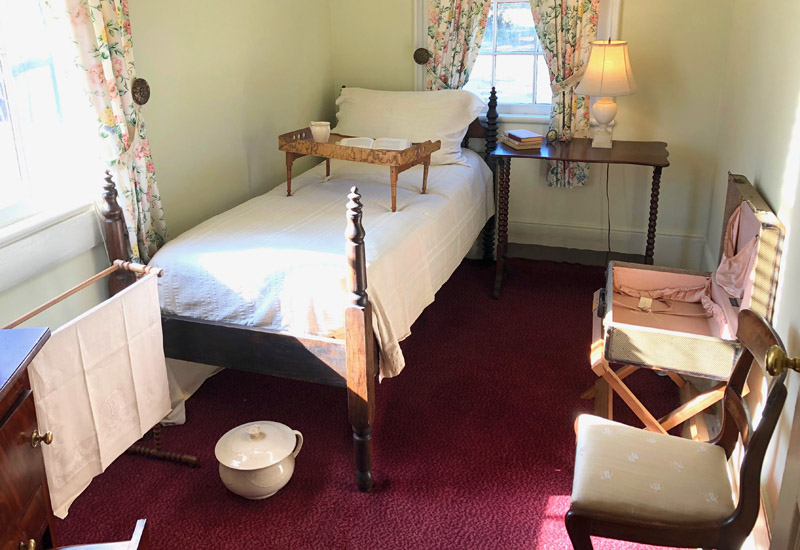
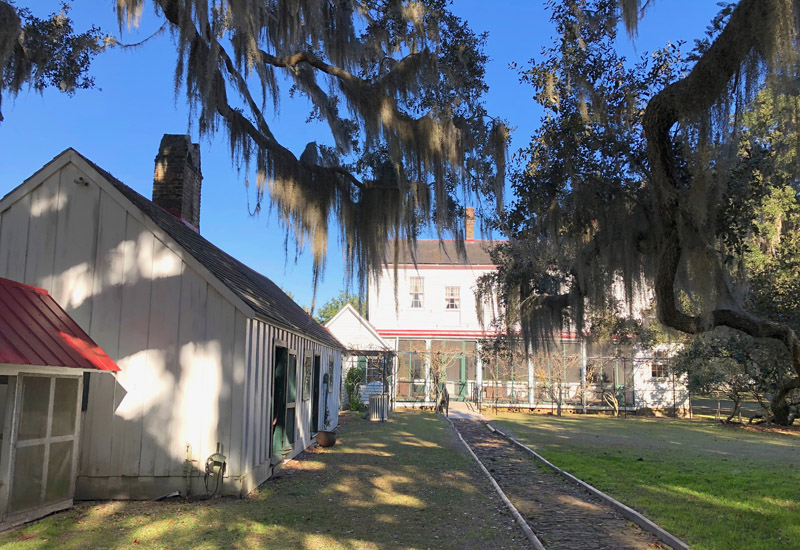
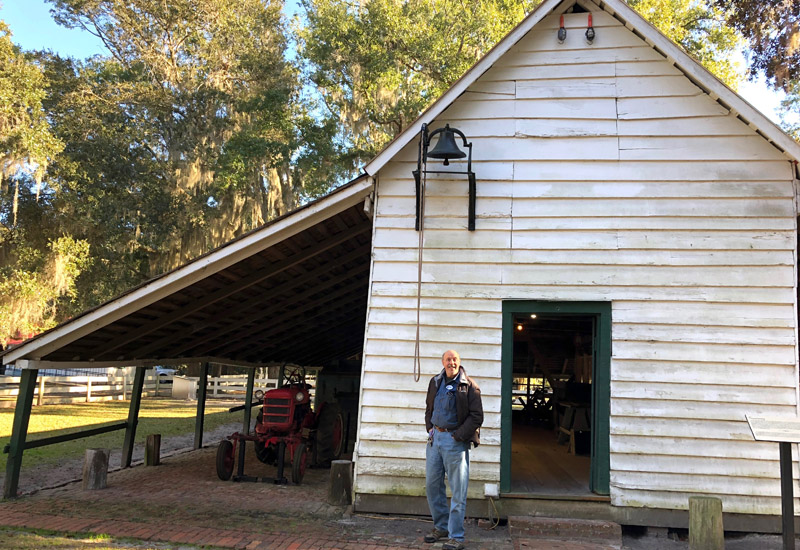
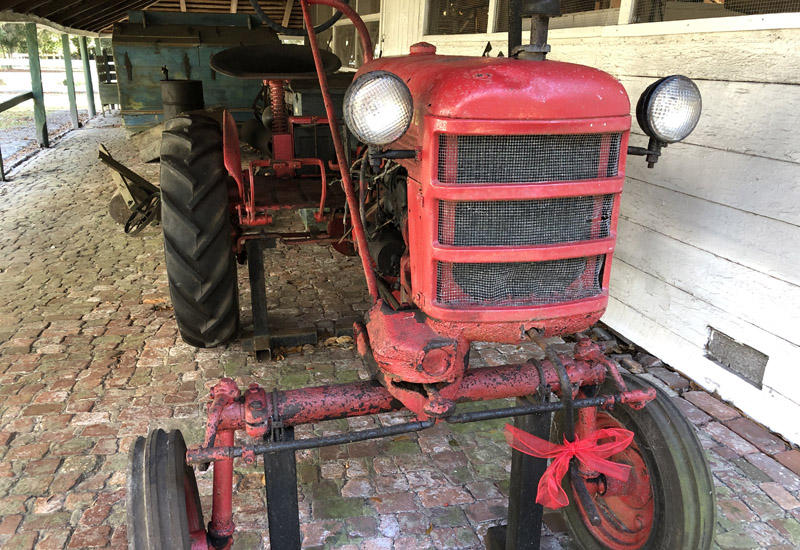
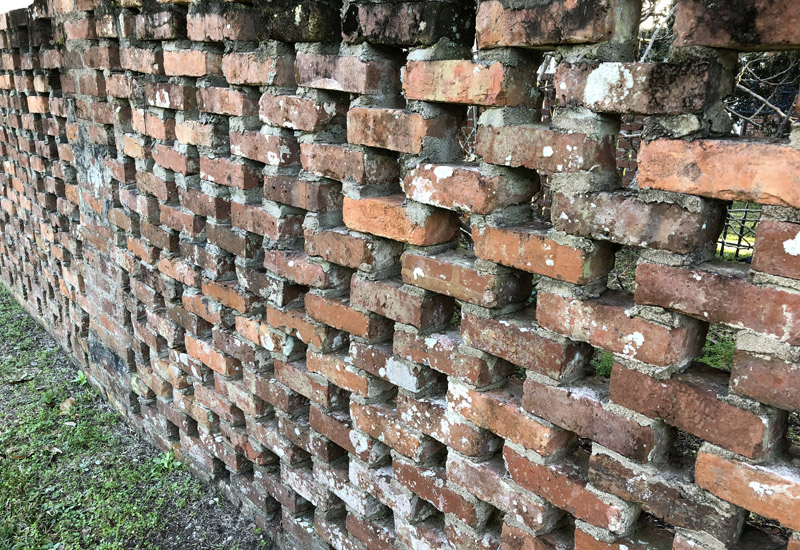
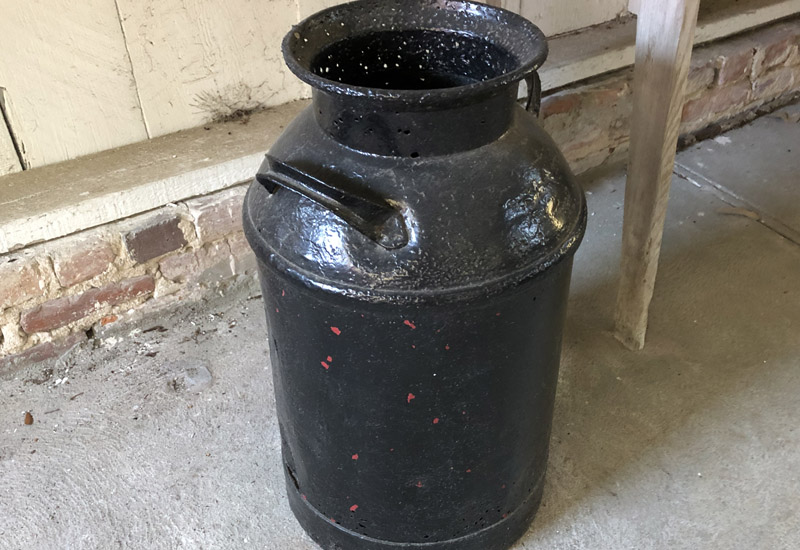
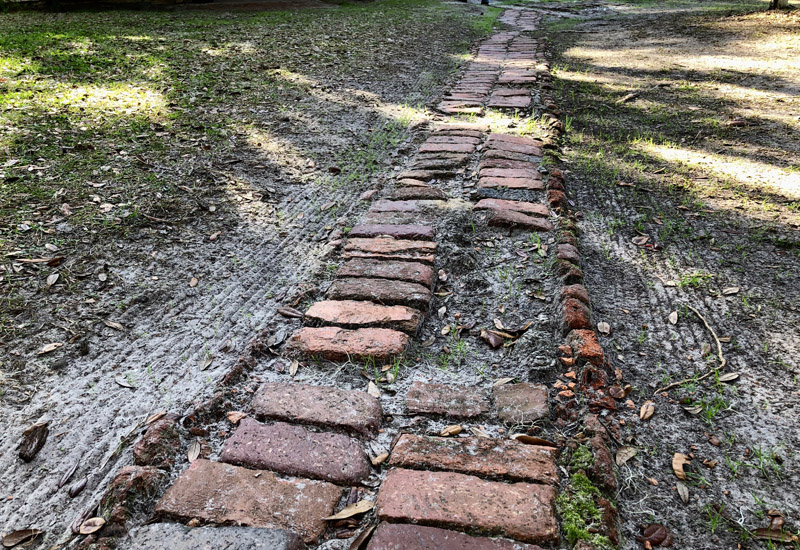
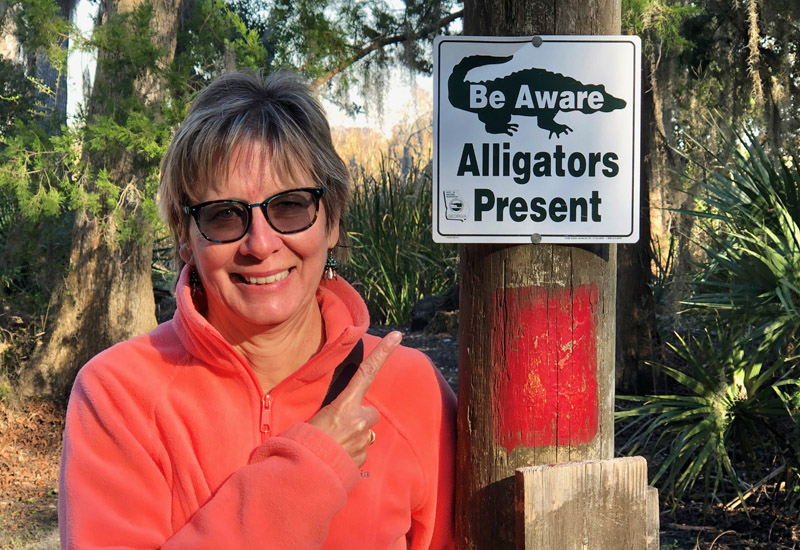
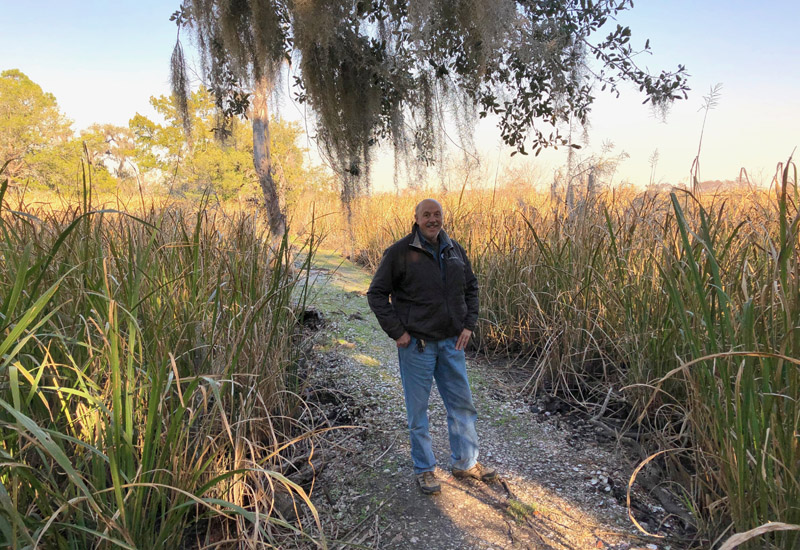
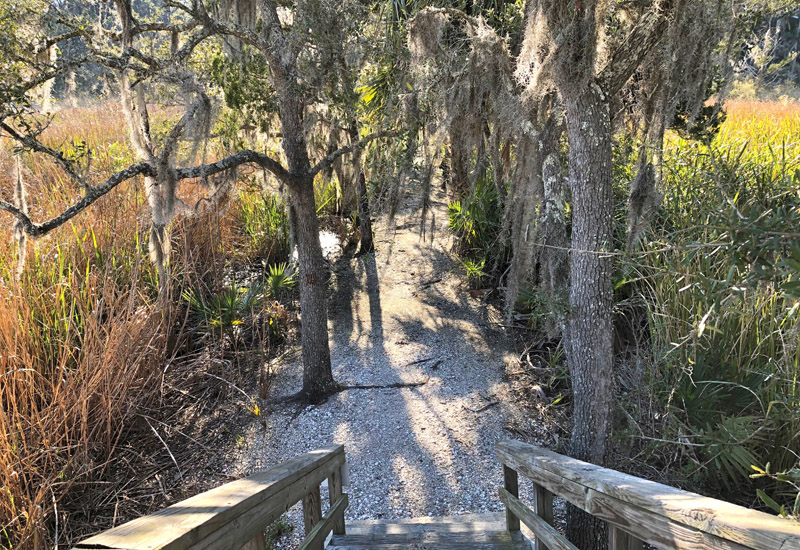
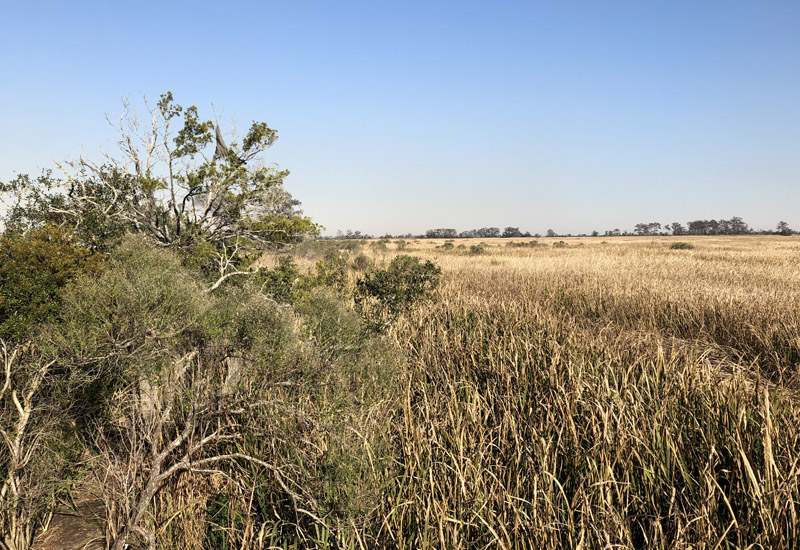
Oh Teresa, you paint such a picture with your words. I am longing to following you foot steps. Please keep posting.
Mary, you’re a sweetheart! What a nice thing to say! Thank you! xoxo
Hi Teresa,
Thank you for this summary, it is so interesting. Those Dent sisters really were remarkable!
Hi Dianne, they were a force to be reckoned with! xoxo